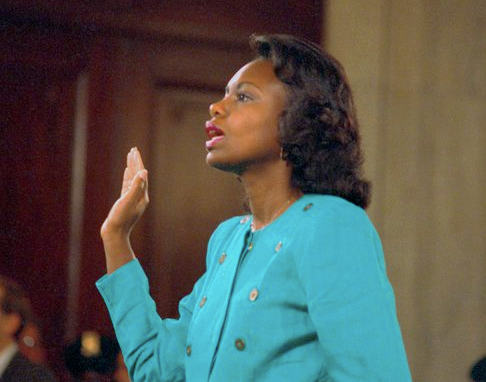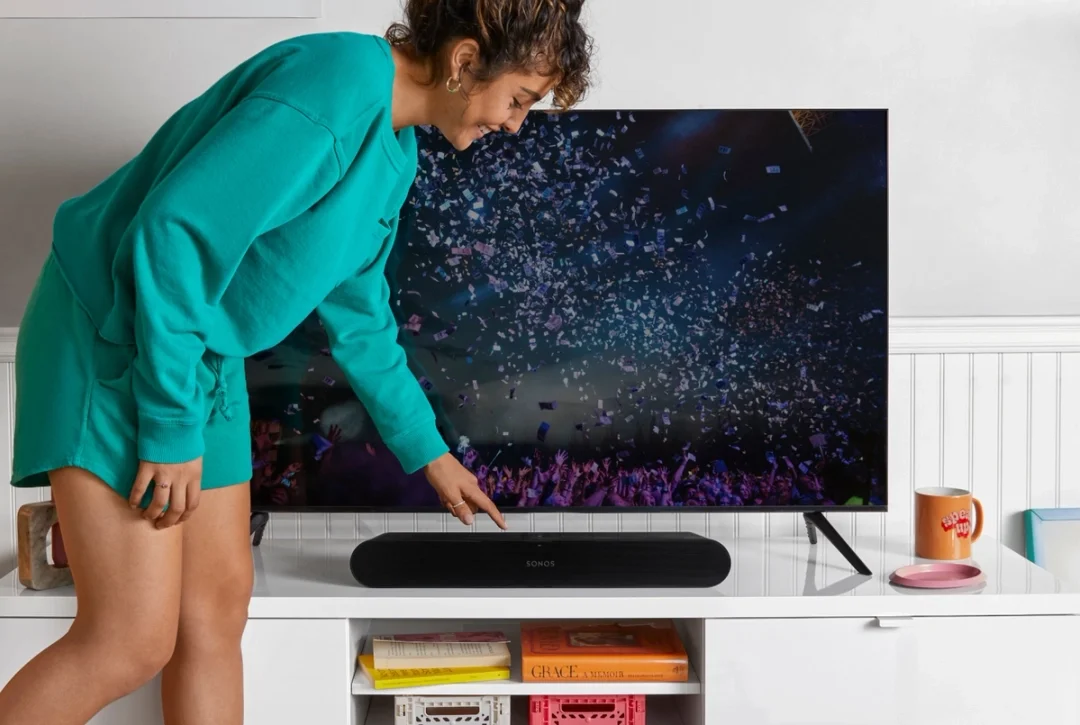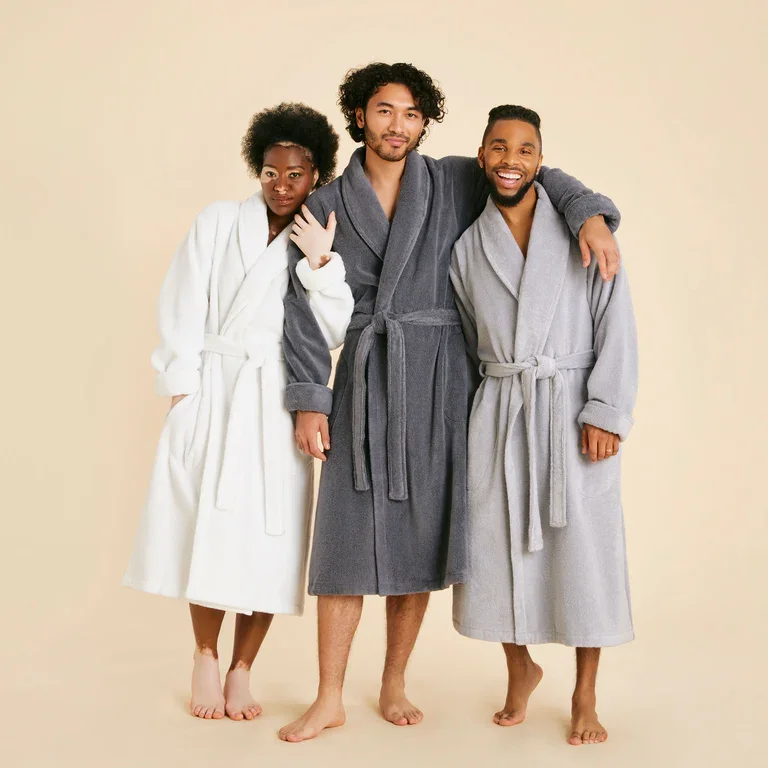Twenty-seven years ago, I remember sitting in my history class watching Anita Hill get grilled during her testimony over accusations that she was sexually harassed by then-Supreme Court nominee Clarence Thomas. I remember cringing as she recalled the crude jokes, the pubic hair and other various ways Thomas used his position of power against her. I remember the stares from the all male Senate Judiciary Committee. I remember telling myself, “They don’t believe her”. I also remember, shortly after class ended, being sexually assaulted by a male classmate.
Twenty-seven years ago, Hill was the epitome of a strong Black woman. She didn’t care that there were threats against her life. She didn’t care that she was being put under a microscope. Hill knew that she had to speak out against the man that made her skin crawl. Hill persevered. But Thomas is now on the Supreme Court, and watching Thursday’s hearing was like a horrible deja vu.
Twenty-seven years ago, I felt ashamed to report what happened to me out of fear that no one would believe me. But then again, even when it was witnessed first hand by other classmates, everyone turned a blind eye. As a young Black girl, I was always told not to be one of those “fast girls”. I was told how to dress in order to not attract the wrong attention. I was told to never drink around boys or men. I was told so many things that actually had me thinking at one point, well maybe it was my fault I was assaulted by my classmate on numerous occasions. But I was neither drunk, fast, or dressed provocatively.
Thirty-six years ago, Christine Blasey Ford was a young girl, when she came across Brett Kavanaugh. Her account of the night when Kavanaugh allegedly sexually assaulted her while he was drunk at a party, reads like many other stories you hear about. I’m sure Ford was told how to “behave” in order to prevent some drunken dude bro from assaulting her. And just like Hill, Ford had to sit in front of a Senate panel and relive the vicious attack and tell her truth.
Hill and Ford share similar and unfortunate experiences and the same goes for countless women all over the world. But as a young Black girl during Hill’s hearing, compared to now, I recognize the different times we were living in. There were no hashtags in 1991. There were no retweets or social media. But the 1600 Black women who took out an ad in the New York Times declaring their support for Hill did exist.
“We are particularly outraged by the racist and sexist treatment of Professor Anita Hill, an African American woman who was maligned and castigated for daring to speak publicly of her own experience of sexual abuse,” the ad sad. “We pledge ourselves to continue to speak out in defense of one another, in defense of the African American community and against those who are hostile to social justice no matter what color they are.”
“No one will speak for us but ourselves,” the ad read, and unfortunately, those sentiments still ring true. Although the same ad was replicated by 1600 men in support of Ford, who also said they believed Hill, there are still men out there who don’t believe women.
And they make up the Senate Judiciary Panel.
https://twitter.com/alwaystheself/status/1045361207706877955
White men once again tried to discredit a woman’s story of sexual assault. Once again, how could the sentiment of believing a woman get lost? Did we not learn anything from Hill’s testimony? How dare Ford accuse a former choir boy of sexually assaulting her? How dare Ford accuse an all-star high school athlete? How dare she take 36 years to come forward?
Although 1600 men did pledge their support for Ford and Hill, what good does it make when the men running the government couldn’t give a damn about a #MeToo movement? They don’t care that a woman held on to this story for 36 years and had to live through the effects of PTSD.
Sure, I could point out that Ford, as a white woman, may have had more support than Hill, but as a woman, who looked at the faces of so many white men today, I can only think to myself that still, all we have are ourselves. Well except for the 53% who voted for Trump, or the ones who are proudly supporting Kavanaugh, we don’t want or need those women.













